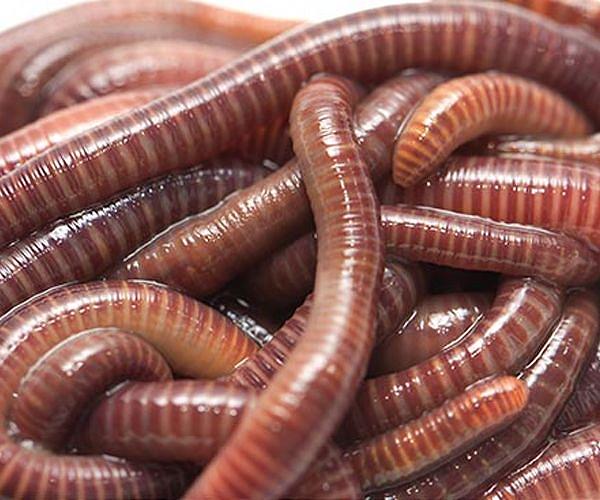by Sophie Jenkins
London, UK (SPX) Nov 21, 2025
Scientists at Space Park Leicester have developed a compact laboratory known as the Petri Pod for biological experiments in space. This hardware, created in collaboration with the University of Exeter, enables observation of biological samples including nematode worms aboard the International Space Station (ISS).
The Petri Pod consists of 12 experimental units, four of which can be imaged, and supports organisms such as C-Elegans Nematode Worms, which have fluorescent markers enabling tracking. The experiment maintains controlled temperature and air conditions and provides nutrition using Agar carriers. Microcontroller units onboard the device manage light stimulation and imaging, including time-lapse and still photography. Sensors record temperature, pressure, and accumulated radiation dose.
Following successful acceptance tests in the United States, the system is scheduled for launch to the ISS in April 2026. Once at the station, the Petri Pod will host worms and other test samples, first inside the ISS and then mounted externally to expose them to microgravity, vacuum, and cosmic radiation for 15 weeks. Data collected will be stored locally and transmitted to scientists on Earth.
Professor Mark Sims of Space Park Leicester said, “The Fluorescent Deep Space Petri-Pod has been engineered using the electronic, engineering, software and science expertise of the Space Park Leicester team, based around the 65-year heritage of space experiments at Leicester. This mission to the International Space Station (ISS) will demonstrate the flight-readiness of FDSPP and we believe its success will help position the UK amongst the global leaders of life sciences research on future low Earth orbit, Lunar and Mars missions planned by Space Agencies and private companies.”
Principal investigator Professor Tim Etheridge from Exeter stated, “Performing biology research in space comes with many challenges but is vital to humans safely living in space. This hardware, made possible through strong collaboration between biologists around the world and engineers at Space Park Leicester, will offer scientists a new way to understand and prevent health changes in deep space on any launch vehicle.”
The UK Space Agency is funding the mission, and Voyager Technologies in Houston is providing commercial launch support. Future plans include expanding Petri Pod capabilities for larger organisms and longer missions.
Related Links
University of Leicester
Space Medicine Technology and Systems

